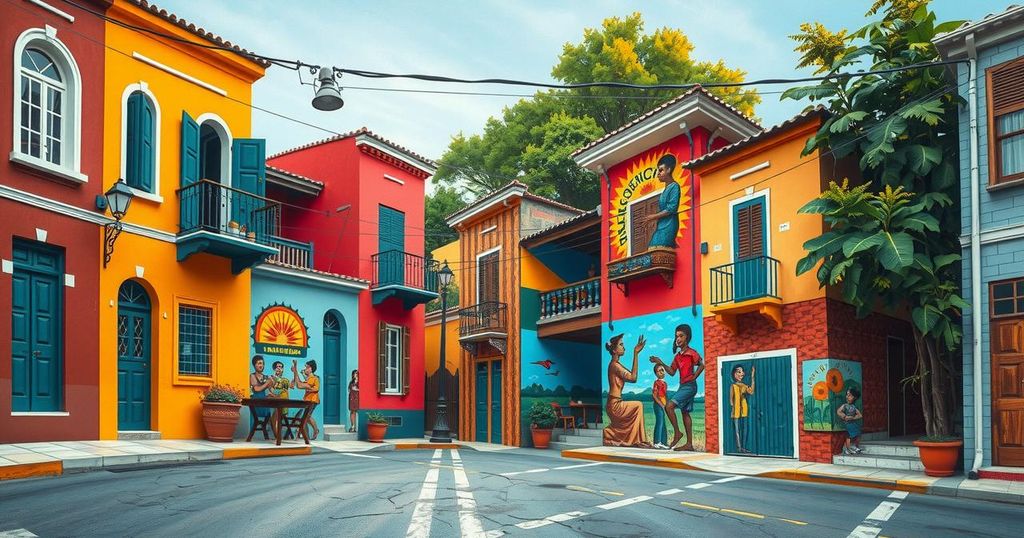This article examines the complexities of corruption in Ghana, highlighting how both the government and the populace have historical roles in combating it. With recent proclamations by President John Mahama, the ongoing impact of corruption on ordinary citizens and the historical context of resistance are clarified. The article stresses the necessity for collaborative efforts between government and grassroots movements to effectively address corruption.
The government led by John Mahama in Ghana has vowed to combat corruption, notably declaring a former finance minister as a fugitive for avoiding an inquiry into financial misconduct. This emphasis highlights the blame directed at the prior administration, the New Patriotic Party, while underscoring that corruption is most harmful when involving public officials. However, corruption impacts ordinary citizens in complex ways, transcending simple political narratives.
Historically, both major political parties in Ghana have faced scandals, reflecting a longstanding issue with corruption at various societal levels. Research indicates that individuals in Ghana have actively resisted exploitation throughout the years, predating colonialism. The urgency of addressing corruption hinges not only on governmental actions but also on grassroots mobilization, particularly from marginalized communities affected severely by such practices.
In Ghana’s pre-colonial period, the Asante empire witnessed resistance to abuses of power. Noteworthy examples include the dethronement of Kofi Kakari in 1874, following misconduct, and the uprising against Mensa Bonsu in 1883 by combined efforts of both commoners and elites. The coastal Fante tribes developed structured accountability mechanisms, such as the asafo groups, which were responsible for overseeing chiefs’ conduct.
The asafo organizations continued to serve their purpose even into the early colonial era. However, during the 1920s, colonial authorities limited their powers to protect compliant chiefs. Popular uprisings against corruption re-emerged in Ghana during the late 1970s under Flight Lieutenant Jerry Rawlings, with activists invoking traditional resistance practices, emphasizing corruption as a societal issue rather than merely individual failings.
In the current multiparty democratic landscape, both major parties express opposition to corruption, yet critics argue they perpetuate systems that favor personal gain. Established anticorruption measures often neglect political dynamics and social hierarchies. Afrobarometer surveys reveal that perceptions of corruption vary significantly, with poorer populations more likely to witness its detrimental effects in everyday life.
Ghana possesses a variety of laws and institutions aimed at combating corruption, with some emphasizing the exposure and punishment of corrupt activities. Nevertheless, bureaucratic delays and insufficient political will hinder progress. Mahama has made strides as the first president to publicly declare his assets, yet activists contend that public accountability must also stem from community actions to effectively tackle corruption issues experienced by citizens daily.
In conclusion, addressing corruption in Ghana necessitates a dual approach involving both governmental initiatives and grassroots activism. Historical resistance, particularly from underprivileged communities, underscores the importance of collective action in combating graft. Effective anticorruption measures must extend beyond surface-level accountability, requiring substantial engagement with the populace most affected by these injustices. Only through coordinated efforts from both civil society and officials can Ghana hope to foster lasting change against corruption.
Original Source: theconversation.com






